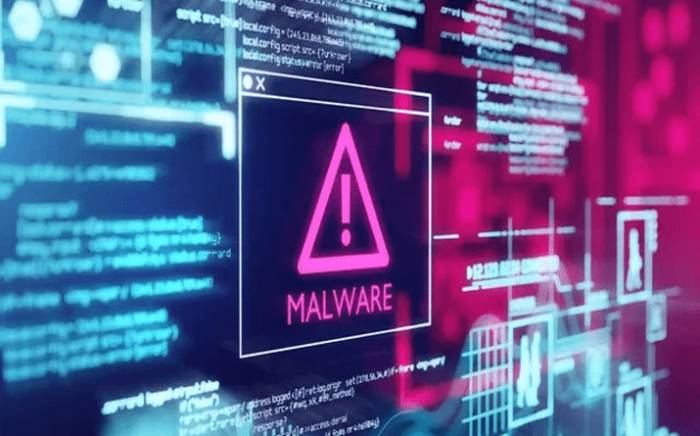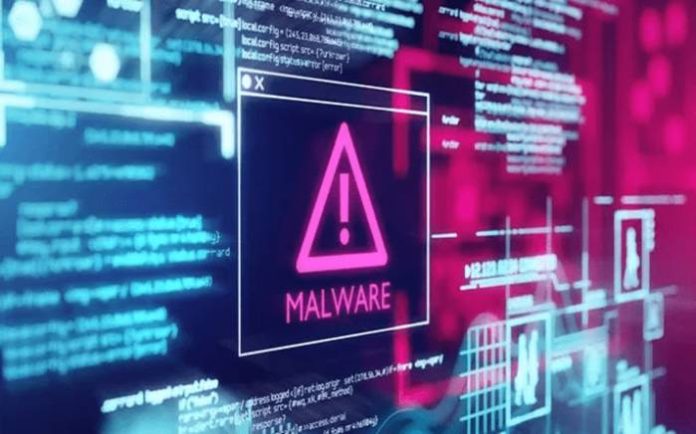As we celebrate the one-year birthday of our ever-connected world, it’s essential to acknowledge the dark side of this digital frontier – the looming threat of malware. In an era dominated by technology and interconnectedness, the menace of malicious software poses a significant challenge to individuals, businesses, and governments alike. In this article, we delve into the world of malware, exploring its potential consequences and the crucial role of malware protection in safeguarding our digital existence.

The Rise of Malware
Malicious software, or malware, has evolved from simple viruses to sophisticated and stealthy cyber threats. Cybercriminals employ various tactics, such as phishing emails, infected websites, and malicious downloads, to inject malware into unsuspecting devices. Once infiltrated, malware can wreak havoc by stealing sensitive information, disrupting operations, or even holding data hostage through ransomware attacks.
Common Types of Malware:
Viruses:
Viruses attach themselves to legitimate programs and replicate when those programs run. They can corrupt or delete files, and some are designed to spread across networks.
Worms:
Worms are self-replicating malware that spread without needing a host program. They exploit vulnerabilities in network protocols to propagate rapidly.
Trojans:
Named after the legendary wooden horse, Trojans disguise themselves as legitimate software but carry malicious payloads. Once installed, they can open backdoors for other malware or steal sensitive information.
Ransomware:
Ransomware encrypts files on a victim’s system and demands payment for their release. It has become a prevalent and financially lucrative form of malware.
Spyware:
Spyware silently monitors and collects information about a user’s activities. This may include keystrokes, passwords, and browsing habits, compromising privacy.
The Consequences of Malware
The consequences of falling victim to malware are severe and far-reaching. From personal identity theft and financial fraud to corporate espionage and critical infrastructure attacks, the impact of malware extends across all aspects of our digitally connected lives. Businesses face the risk of reputational damage, financial losses, and legal implications in the wake of a successful malware attack.
Data Breaches: A Grave Concern
One of the primary objectives of many malware variants is to facilitate data breaches. These breaches involve unauthorized access to sensitive information, often leading to the exposure of personal details, financial records, and proprietary business data. In recent years, major corporations and government entities have fallen victim to large-scale data breaches, highlighting the urgency for robust cybersecurity measures.
Malware Protection: A Digital Shield
To counter the ever-growing threat of malware, the importance of robust malware protection cannot be overstated. Antivirus software, firewalls, and intrusion detection systems play a crucial role in detecting and preventing malware infections. Regular software updates and patches also contribute to strengthening the defense against evolving cyber threats.
Educating Users: The First Line of Defense
In addition to technological solutions, user education remains a fundamental aspect of combating malware. Individuals and employees must be aware of common cyber threats, exercise caution when clicking on links or downloading files, and practice good cybersecurity hygiene. A well-informed user base acts as the first line of defense against malware infiltrations.
The Evolving Landscape
As technology advances, so do the tactics employed by cybercriminals. The digital landscape is in a perpetual state of evolution, with new malware variants constantly emerging. Therefore, it is imperative that cybersecurity measures and malware protection strategies adapt accordingly. Proactive measures, continuous monitoring, and collaboration within the cybersecurity community are crucial components of a resilient defense against the ever-present threat of malware.
Conclusion
As we reflect on the one-year anniversary of our interconnected world, the prominence of technology in our lives is undeniable. However, this celebration should also serve as a reminder of the ongoing battle against the malware menace. By prioritizing robust malware protection measures, fostering user education, and adapting to the evolving digital landscape, we can navigate the perils of the digital frontier with confidence and resilience. Together, we can build a safer and more secure digital future for all.






































